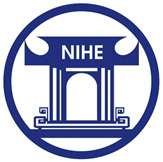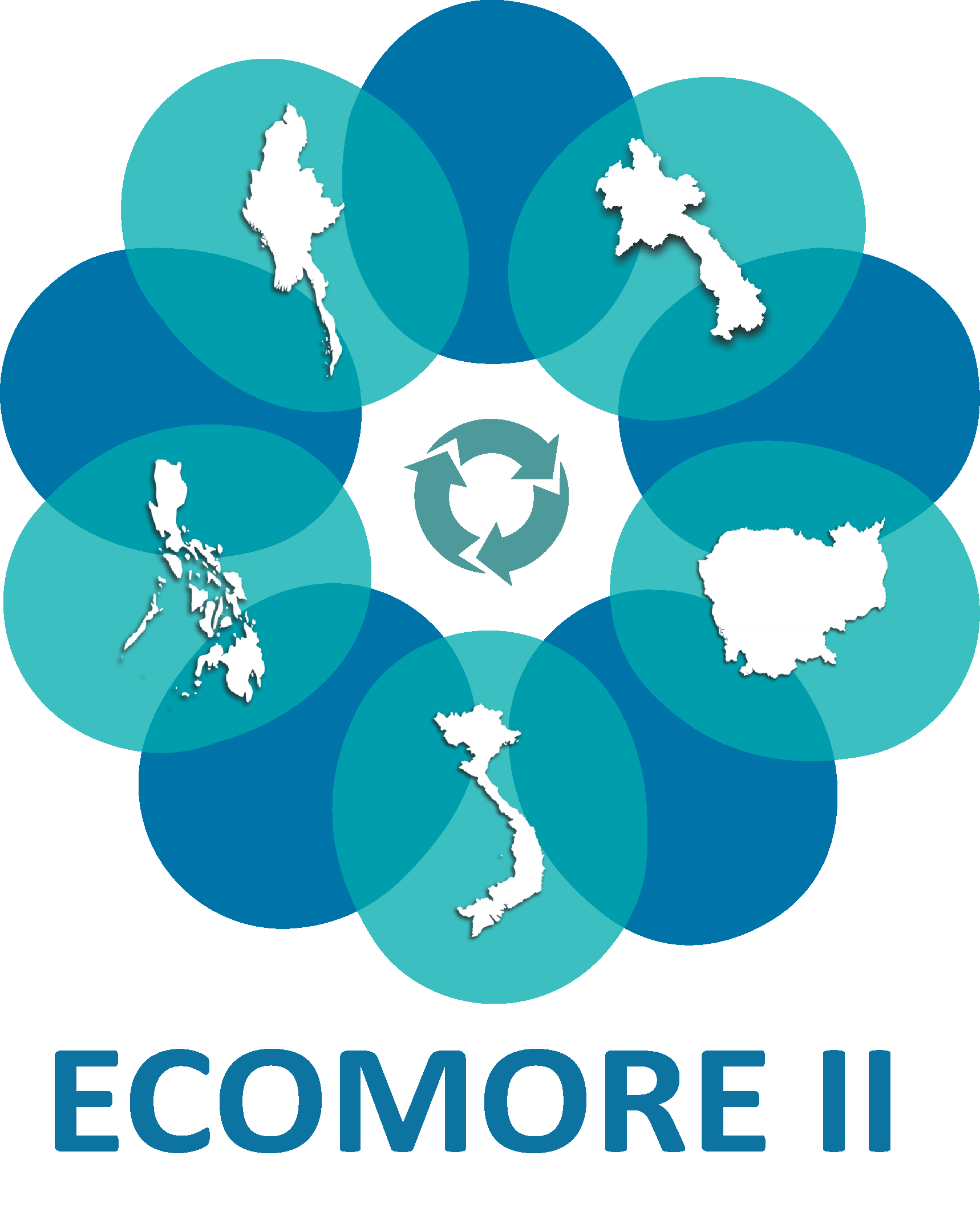NIHE – National Institute of Hygiene and Epidemiology
Web site : www.nihe.org.vn

Milestones
1926-1944 Pasteur Institute of Hanoi
1945-1946 Institute of Microbiology
1947-1957 Hanoi Pasteur Institute
1958-1961 Institute of Microbiology
1962-1996 Hanoi Institute of Hygiene and Epidemiology
1997- present National Institute of Hygiene and Epidemiology (NIHE)

The twelve technical departments reflect NIHE’s focus on disease research and control. They include epidemiology, bacteriology, virology, molecular biology and immunology, HIV/AIDS, infection control and biosafety, medical entomology and zoology, national coordination offices, training and research management, network coordinatin, animal experimentation, and vaccine and biological production. The laboratory has 10 sub-laboratory units including a biological safety laboratory block class 3.
The Institute’s main functions are:
- Conducting scientific research in epidemiology, medical microbiology, immunology and molecular biology;
- Studying and developing new vaccines and biological products for human;
- Conducting different types of specialized training;
- Directing some National Health Programs such as EPI, rabies, influenza surveillance, HIV/AIDS surveillance, and dengue control and prevention program;
- Providing guidance and strengthening technical capacity of the preventive medicine network nationwide;
- Providing technical services on preventive medicine;
- NIHE is also responsible for bilateral and multilateral cooperation in biomedical research with other governments and research agencies. NIHE is a member of the International Association of National Public Health Institutes (IANPHI), Pasteur Institute Network, Asian-African Research Network of Infectious Diseases, Emerging Infectious Diseases (EID) Program of ASEAN and currently has strong partnership with 9 international governments and neighboring countries. NIHE also collaborates closely with 23 institutes, universities and international organizations, such as WHO, UNICEF, PATH, JICA, FHI, US CDC, GAVI, NHI, IVVI, NIID, and Nagasaki and Oxford Universities.
